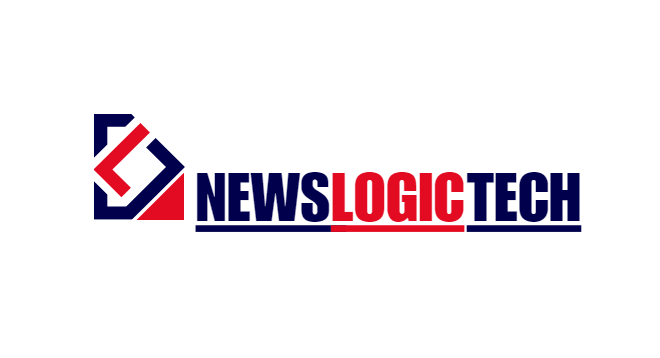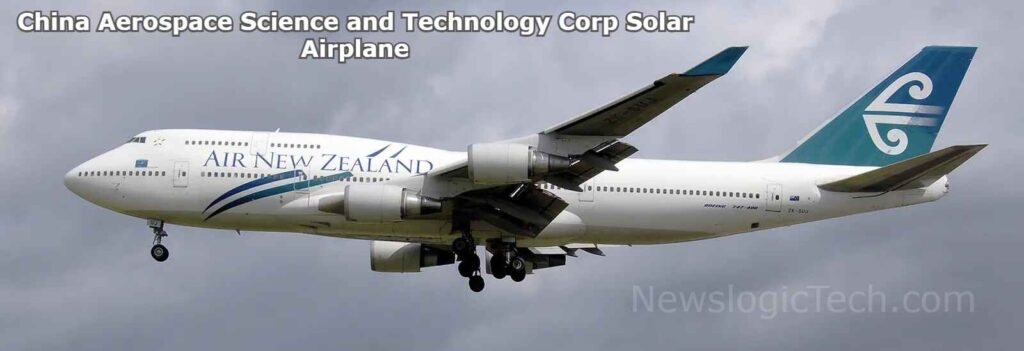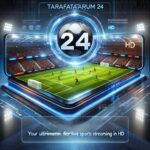Introduction
The China Aerospace Science and Technology Corp (CASC) has made tremendous innovation strides with its solar airplane project. Combining renewable energy and advanced aviation technology, this project promises to revolutionize air travel and environmental sustainability.
What is the China Aerospace Science and Technology Corp?
The China Aerospace Science and Technology Corp is an aerospace innovation leader. From satellite and rocket developments to solar airplanes, CASC is a name synonymous with technology innovation in China.
What Is a Solar Airplane?
A solar airplane refers to an airplane that is fueled solely by solar power. It catches the suns rays through installed solar panels which are converted directly into electricity. This makes this airplane an ecological alternative to more conventional airplanes.
CASC’s Vision of Solar Airplanes
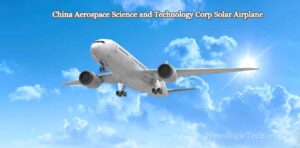
CASC aims to create sustainable solutions for aviation. Their solar airplane project is designed to reduce carbon emissions, enhance efficiency, and demonstrate the potential of renewable energy in the aerospace sector.
Key Features of the CASC Solar Airplane
- Solar Panels: High-efficiency panels covering the wings collect sunlight.
- Battery Storage: Stores excess energy for nighttime operation.
- Lightweight Design: Made with advanced materials to maximize flight duration.
- Autonomous Technology: Incorporates AI for navigation and safety.
Applications of CASC Solar Airplanes
- Environmental Monitoring: Climatic and pollution degree observation through solar airplanes.
- Telecommunication: Airborne platforms for any kind of communication.
- Disaster Response: Real-time monitoring in case of floods or wildfires.
Advantages of Solar Airplanes
- Eco-Friendly: There will be no more greenhouse gas emissions.
- Cost-Effective: Save money on less fuel and maintenance.
- Long Flight Durations: They can remain airborne for long periods.
Challenges in Developing Solar Airplanes
- Weather Dependency: They require constant sunshine.
- Energy Storage: Batteries would have to retain enough energy in order to achieve night flights
- Initial Costs: Advanced materials, and technology, is costly
Effect of CASC on the Aviation Industry
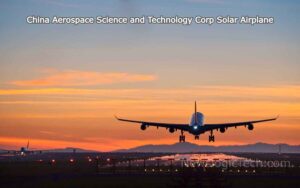
CASC’s initiative on the Solar Airplane illustrates China’s concern for innovation as well as a sustainable future.
It opens room for other players to venture into renewable energy utilization in aviation. The leadership given by CASC may spur an international leap toward this technology.
With continuous research and development, solar airplanes could be the next big thing. They may even replace traditional planes for some purposes, thus making the aviation industry have a reduced environmental footprint.
Conclusion
The China Aerospace Science and Technology Corp solar airplane project is a groundbreaking step toward sustainable aviation. By utilizing solar energy, CASC is at the forefront of creating environmentally friendly solutions for the future.
FAQs
What makes CASC’s solar airplane unique?
Its combination of high-efficiency solar panels, AI technology, and sustainable design separates it from any other.
Solar airplanes: are they able to fly at night?
Yes; they utilize energy stored in the batteries.
What are solar airplanes mainly applied for?
The primary applications for solar airplanes are environmental monitoring, telecommunications, and disaster response missions.
Are commercial solar airplanes yet available?
Not yet. Presently, this technology is within the research and development phase at CASC.
In promoting sustainability and illustrating the possibility of renewable energy within the aerospace sector.
